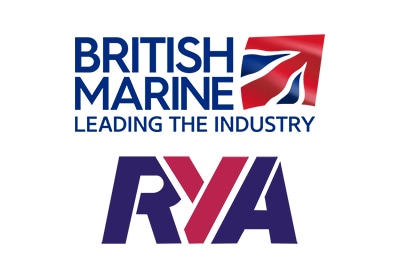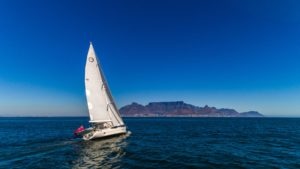RYA and BM secure tabling of amendment to EU Withdrawal Bill

The Royal Yachting Association (RYA) and British Marine are calling on the Government to clarify how it will protect the rights of the UK’s marine industry and recreational boaters after Brexit.
An amendment to the EU Withdrawal Bill – due to be debated in the House of Lords later today – would, if passed, oblige the Government to publish a report to Parliament before the UK formally leaves the EU setting out how current freedoms for recreational boaters will be maintained.
The debate on Amendment 227BB will follow months of engagement by British Marine and the RYA with Government departments in an effort to minimise any potential impact of the UK’s exit from the European Union on recreational boaters, particularly in the areas of customs procedures, border controls and the ability of seasonal workers to move easily between the UK and the EU.
Over recent months, RYA has worked closely with British Marine to develop a number of policy proposals which would help meet the needs of recreational boaters and the industry without compromising the stated negotiating position of the Government. Further detail on these policy proposals is set out below.
Jeanette Hopkins, RYA Director of External Affairs, said: “Many of our 110,000 members have been in touch to ask about the impact that Brexit may have on their boating rights, both here and abroad.
“Today’s debate provides an important opportunity for the Government to give much-needed reassurance to the recreational boating community across the UK as the sector looks ahead to life after Brexit.
“The RYA’s Cruising, Legal and Government Affairs team has built a solid reputation as a robust, articulate and intelligent voice for the recreational boating sector, and we will continue to engage with the Government throughout the Brexit negotiations to ensure the needs and concerns of the sector are clearly understood.”
Notes on amendments:
Amendment 227BB
Amendment 227BB would, if passed, require that before exit day (29 March 2019), a Minister of the Crown must lay before both Houses of Parliament a report outlining how the rights currently enjoyed by UK recreational boaters in the EU will be maintained after the UK leaves the EU. The report must include consideration of the following areas of concern, namely:
1. The ability of recreational craft to retain Union goods status on exit day
2. The ability of recreational craft that do not have Union Goods to visit the EU without being subject to 18 month Temporary Admission procedures provided they do not change ownership
3. The border control regime between the United Kingdom and the European Union
4. The ability of UK citizens that have RYA qualifications to travel freely to and from the European Union for work, often seasonal, that requires those qualifications.
Proposed policy solutions
The policy proposals which the RYA and British Marine are encouraging the Government to adopt include:
1. The creation of a system enabling UK nationals employed in the sport sector and entering the Schengen Area after Brexit to stay for periods in excess of 90 days in 180 (mirroring the current regime for non-EU nationals) without having to obtain a visa, when travelling for reasons related to the professional sporting qualification(s) they hold. This scheme could mirror the seasonal workers’ scheme for agricultural workers from the EU recently mooted by Environment Secretary Michael Gove
2. Allowing recreational craft that currently have the customs status of Union goods to retain that status (or equivalent proof of Union status) post-Brexit, regardless of whether they are kept in UK waters or the waters of EU member states. This appears to be in line with stated UK and EU policy on goods placed on the market before exit day
3. Ensuring that any border controls introduced post-Brexit do not require recreational craft to obtain Government permission before entering or leaving the UK, undermine navigational safety or place disproportionate restrictions on recreational boaters’ freedom of navigation.










